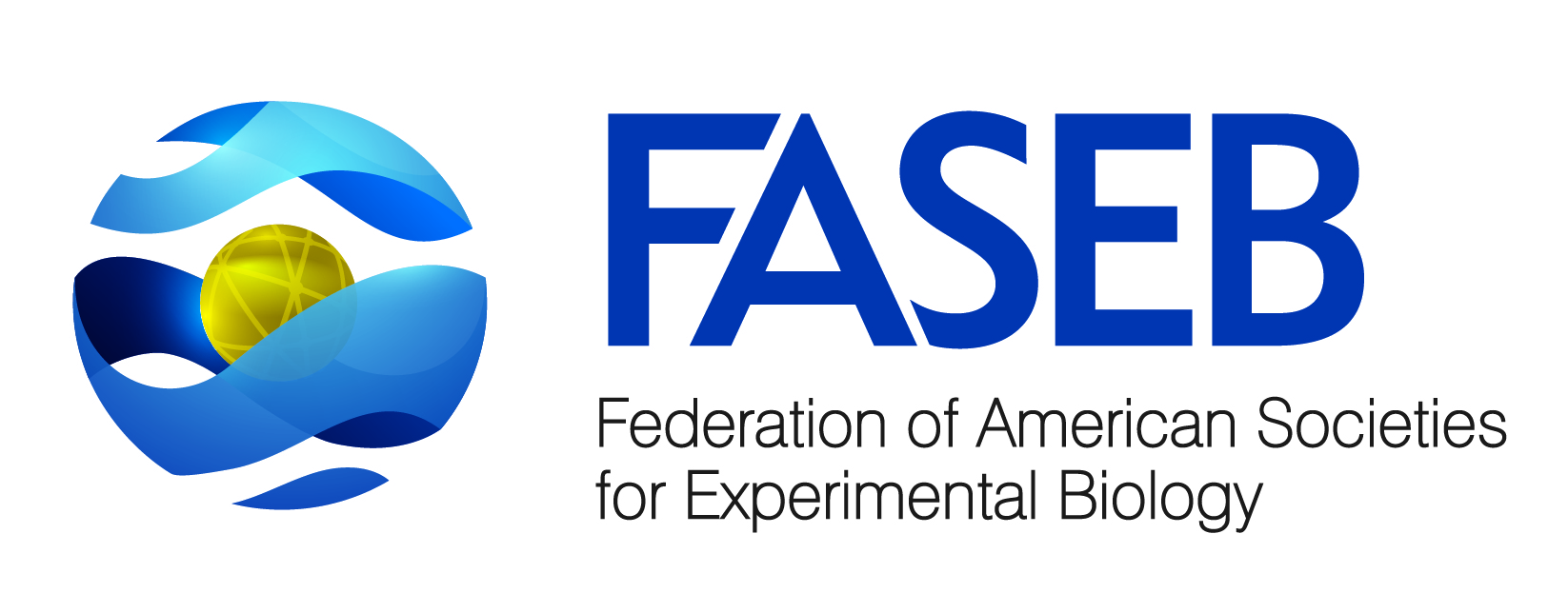EMBARGOED UNTIL April 24, 12:30 pm PT
Newswise — San Diego, CA—Oregano, the common pizza and pasta seasoning herb, has long been known to possess a variety of beneficial health effects, but a new study by researchers at Long Island University (LIU) indicates that an ingredient of this spice could potentially be used to treat prostate cancer, the second leading cause of cancer death in American men.
Prostate cancer is a type of cancer that starts in the prostate gland and usually occurs in older men. Recent data shows that about 1 in 36 men will die of prostate cancer. Estimated new cases and deaths from this disease condition in the US in 2012 alone are 241,740 and 28,170, respectively. Current treatment options for patients include surgery, radiation therapy, hormone therapy, chemotherapy, and immune therapy. Unfortunately, these are associated with considerable complications and/or severe side effects.
Dr. Supriya Bavadekar, PhD, RPh, Assistant Professor of Pharmacology at LIU’s Arnold & Marie Schwartz College of Pharmacy and Health Sciences, is currently testing carvacrol, a constituent of oregano, on prostate cancer cells. The results of her study demonstrate that the compound induces apoptosis in these cells. Apoptosis, Dr. Bavadekar explains, is programmed cell death, or simply “cell suicide.” Dr. Bavadekar and her group are presently trying to determine the signaling pathways that the compound employs to bring about cancer cell suicide.
“We know that oregano possesses anti-bacterial as well as anti-inflammatory properties, but its effects on cancer cells really elevate the spice to the level of a super-spice like turmeric,” said Dr. Bavadekar. Though the study is at its preliminary stage, she believes that the initial data indicates a huge potential in terms of carvacrol’s use as an anti-cancer agent. “A significant advantage is that oregano is commonly used in food and has a ‘Generally Recognized As Safe’ status in the US. We expect this to translate into a decreased risk of severe toxic effects.”
“Some researchers have previously shown that eating pizza may cut down cancer risk. This effect has been mostly attributed to lycopene, a substance found in tomato sauce, but we now feel that even the oregano seasoning may play a role,” stated Dr. Bavadekar. “If the study continues to yield positive results, this super-spice may represent a very promising therapy for patients with prostate cancer.” The results of the study will be presented at the Experimental Biology 2012 poster session on Tuesday, April 24.
About Experimental Biology 2012Experimental Biology is an annual gathering of six scientific societies that this year is expected to draw 13,000-plus independent scientists and exhibitors. The societies represented are: American Association of Anatomists (AAA), American Physiological Society (APS), American Society for Biochemistry and Molecular Biology (ASBMB), American Society for Investigative Pathology (ASIP), American Society for Nutrition (ASN) and the American Society for Pharmacology and Experimental Therapeutics (ASPET).
About ASPETASPET is a 5,100 member scientific society whose members conduct basic and clinical pharmacological research within the academic, industrial and government sectors. Our members discover and develop new medicines and therapeutic agents that fight existing and emerging diseases, as well as increase our knowledge regarding how therapeutics affects humans.
